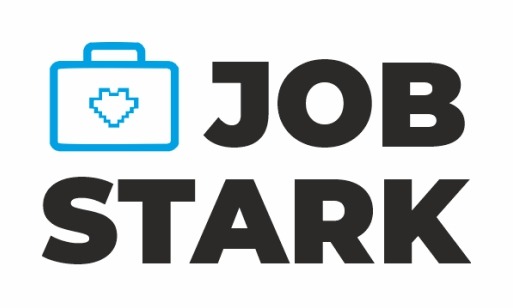In the relentless and ever-shifting terrain of the modern professional world, a crucial skill stands as a beacon of success: resilience. It’s the intangible quality that empowers individuals to rebound from setbacks, to gracefully adapt to challenges, and to maintain an unwavering positive outlook even in the face of relentless adversity. In this era of relentless change, resilience is the key that unlocks the door to long-term career success.
Why Resilience Matters
- Adapting to Change: The business world is dynamic, with new technologies, industry trends, and economic shifts constantly emerging. Resilient individuals are better equipped to adapt to these changes, learning new skills and staying relevant in their fields.
- Handling Stress: Career-related stress is a common occurrence. Resilience helps you manage stress effectively, preventing burnout and maintaining your mental and physical well-being.
- Facing Failure: Everyone faces failures and setbacks at some point in their career. Resilience enables you to view failures as learning opportunities rather than insurmountable obstacles, helping you bounce back stronger.
- Maintaining a Positive Outlook: Resilient individuals tend to maintain a positive attitude, even when faced with challenges. This positivity not only improves your mental health but also attracts opportunities and fosters positive relationships with colleagues and superiors.
How to Build Resilience
- Develop Self-awareness: Understanding your strengths and weaknesses, as well as recognizing your stress triggers, is the first step toward building resilience. Self-awareness allows you to proactively address challenges.
- Cultivate a Growth Mindset: Embrace a growth mindset, which means believing that your abilities and intelligence can be developed with effort and practice. This mindset encourages you to see failures as opportunities for growth.
- Set Realistic Goals: Set achievable goals and break them down into smaller, manageable steps. Celebrate your progress along the way, which can boost your confidence and resilience.
- Seek Support: Don’t be afraid to seek support from mentors, colleagues, or a therapist if needed. Talking to others can provide valuable insights and emotional support during tough times.
- Practice Self-Care: Prioritize self-care practices such as regular exercise, a balanced diet, adequate sleep, and mindfulness. These habits strengthen your physical and mental resilience.
- Learn from Experience: Instead of dwelling on past mistakes or failures, reflect on them and extract lessons that can guide your future actions. This self-reflection can help you develop problem-solving skills.
- Build a Supportive Network: Surround yourself with a supportive network of friends and colleagues who can offer encouragement and advice when you face challenges.
- Stay Flexible: Be open to change and willing to adapt to new situations. Flexibility is a key component of resilience in an ever-evolving job market.
Conclusion
Building resilience is an ongoing process that can greatly enhance your career success. It empowers you to navigate the complexities of the professional world, manage stress effectively, and emerge stronger from setbacks. By developing self-awareness, embracing a growth mindset, seeking support, and practicing self-care, you can cultivate the resilience needed to thrive in your career. Remember that setbacks are not the end of the road; they are opportunities for growth and learning. So, invest in your resilience, and watch your career flourish.
